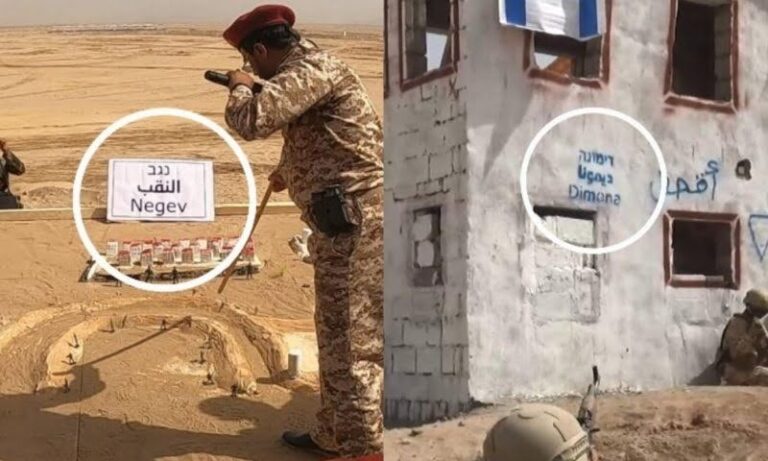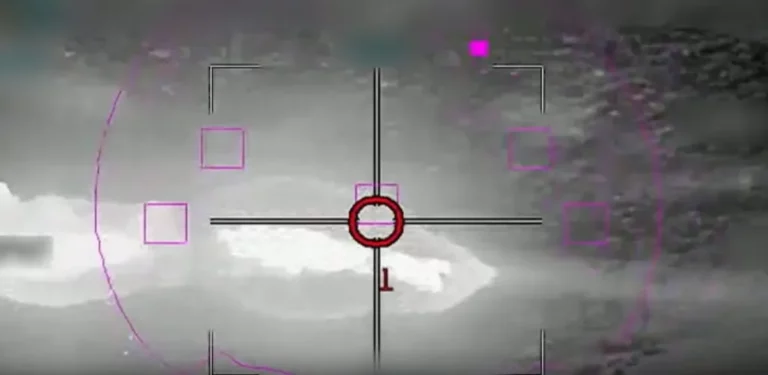Compiled by Rabbi Yair Hoffman for 5tjt.com
The Vilna Gaon (1720 – 1797), Rav Eliyahu Ben Shlomo Zalman, was a remarkable Torah giant who was compared to the greatness of the Rishonim. He was fully versed in every aspect of Torah and wrote extensively on almost every text. His talmidim emigrated to Eretz Yisroel and formed the basis of the Lithuaunian Jewish community today.
His student Rav Chaim Volozhin launched the very first Yeshiva as we know it today – Volozhin. Rav Chaim Volozhin’s student’s student was Rav Yisroel Salanter who launched the Mussar Movement. The Mussar was based upon the Vilna Gaon’s system of thought (see number one below.)
- The essence of human life is to constantly strengthen ourselves in the repair of our character traits. If not – of what purpose is life? (Even Shleimah 1:2)
- A Talmid Chachom must act more beyond the letter of the law than others. For example, not only must he forgive any damage that his worker did for him – that is what many people do. He must even pay him for the work that he did – even though it was damaged. Like Rami Bar Bar Chama did in BM 83a. (Even Shleima 1:14)
- Tzaddikim are people that do not harbor desires for things – neither for things that give pleasure or for things that are very practical. They desire only that which is “good” in its essence – i.e. Mitzvos. They direct their midos and their Torah toward the fulfillment of Mitzvos [Gra on Mishlei 11:23].
- A Tzaddik constantly blesses everyone. [Gra on Mishlei 10:6].
- The fruit that a tzaddik produces is not given to him – but to his children (Gra on Mishlei 13:22).
- When bringing another person to the correct behavior, a wise person instructs him how to go about doing it – and does it in a pleasant and loving manner like Aharon haKohen (Even Shleima 6:8)
- There is a difference between Bina and Tvuna. Bina is when one fully understands something, but cannot express it in words in a manner that it can be conveyed to others. Tvunah is when the matter is understood so well that it can be discussed in depth with others. [Hadras Kodesh]
- There is shmirah which means guarding and then there is netzirah which is a very strong guarding [See Yishayahu 1:8]. When requesting assistance to avoid lashon harah – we need netzirah – not just shmirah [Gra on Mishlei 1:8]
- The essence of Tefillah is to break our hubris and return to G-d. (Even Shleimah 9:7)
- The essence of Tefilah must be for Klal Yisroel (Even Shleimah 9:8)
The author can be reached at [email protected]











